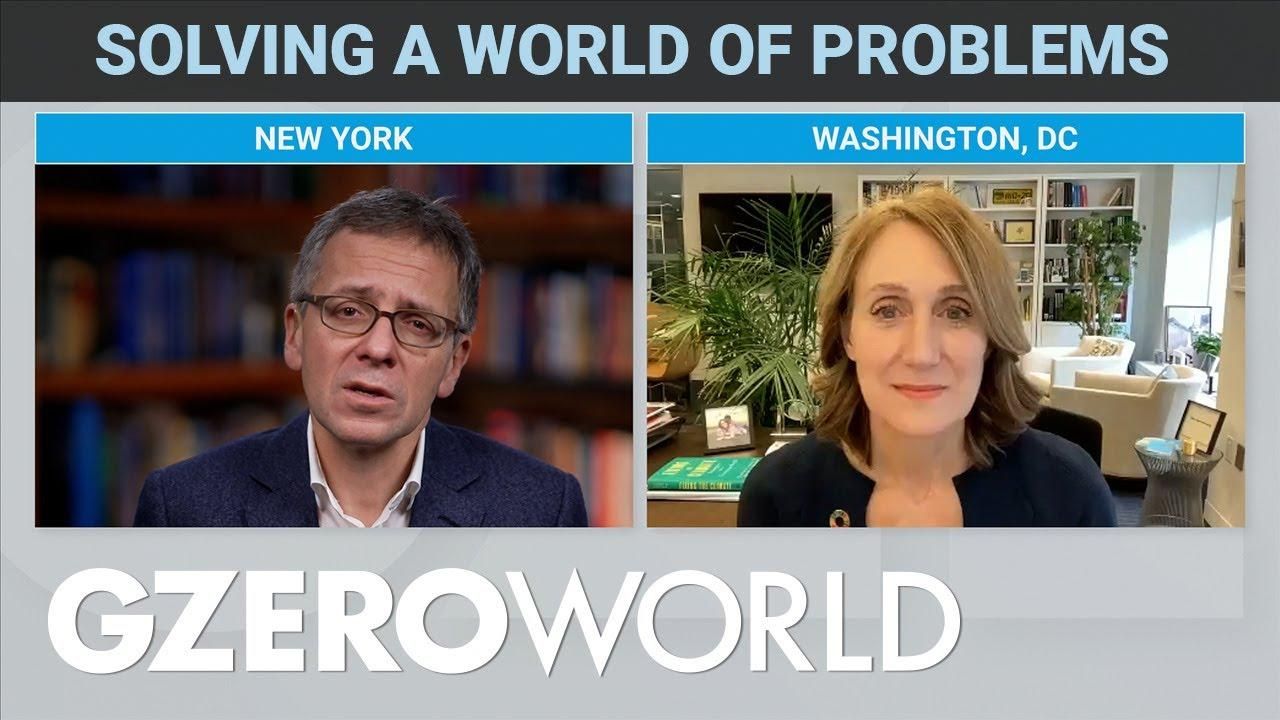GZERO World with Ian Bremmer
Inequality isn't inevitable - if global communities cooperate

Inequality Isn't Inevitable - If Global Communities Cooperate | GZERO World with Ian Bremmer

Almost three years after COVID, we're still grappling with the geopolitical convulsions that the pandemic unleashed or worsened. They're all wiping out decades of progress on fighting global inequality.
What's more, the world has become more unequal at a time when global cooperation is often an afterthought. So, what can we do about it?
On GZERO World, Ian Bremmer speaks to UN Foundation President and CEO Elizabeth Cousens, who thinks it's the perfect time for institutions backed by the 1 percent to step up even more.
Foundations have traditionally resisted going big on fixing the world's problems because they're in it for the long run. But now the stakes are so high and the crises so urgent that Cousens sees a "window" of opportunity for philanthropy to play a bigger role in global development.
The are real problems, she says, that money can solve immediately.
In this Quick Take, Ian Bremmer addresses the killing of Alex Pretti at a protest in Minneapolis, calling it “a tipping point” in America’s increasingly volatile politics.
Who decides the boundaries for artificial intelligence, and how do governments ensure public trust? Speaking at the 2026 World Economic Forum in Davos, Arancha González Laya, Dean of the Paris School of International Affairs and former Foreign Minister of Spain, emphasized the importance of clear regulations to maintain trust in technology.
Will AI change the balance of power in the world? At the 2026 World Economic Forum in Davos, Ian Bremmer addresses how artificial intelligence could redefine global politics, human behavior, and societal stability.
Ian Bremmer sits down with Finland’s President Alexander Stubb and the IMF’s Kristalina Georgieva on the sidelines of the World Economic Forum to discuss President Trump’s Greenland threats, the state of the global economy, and the future of the transatlantic relationship.